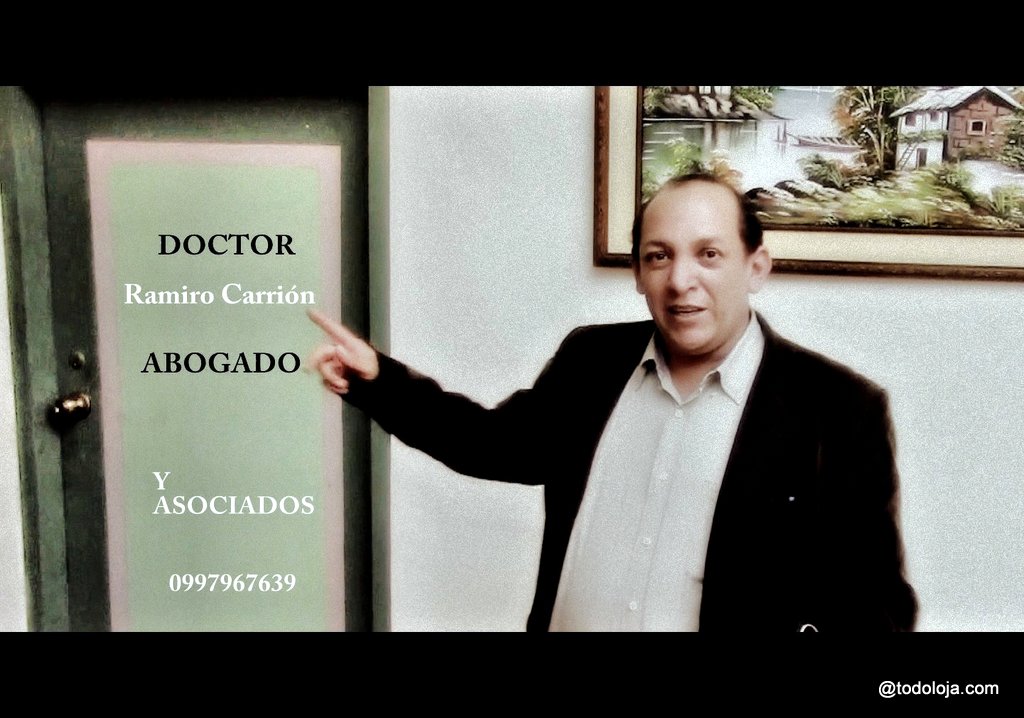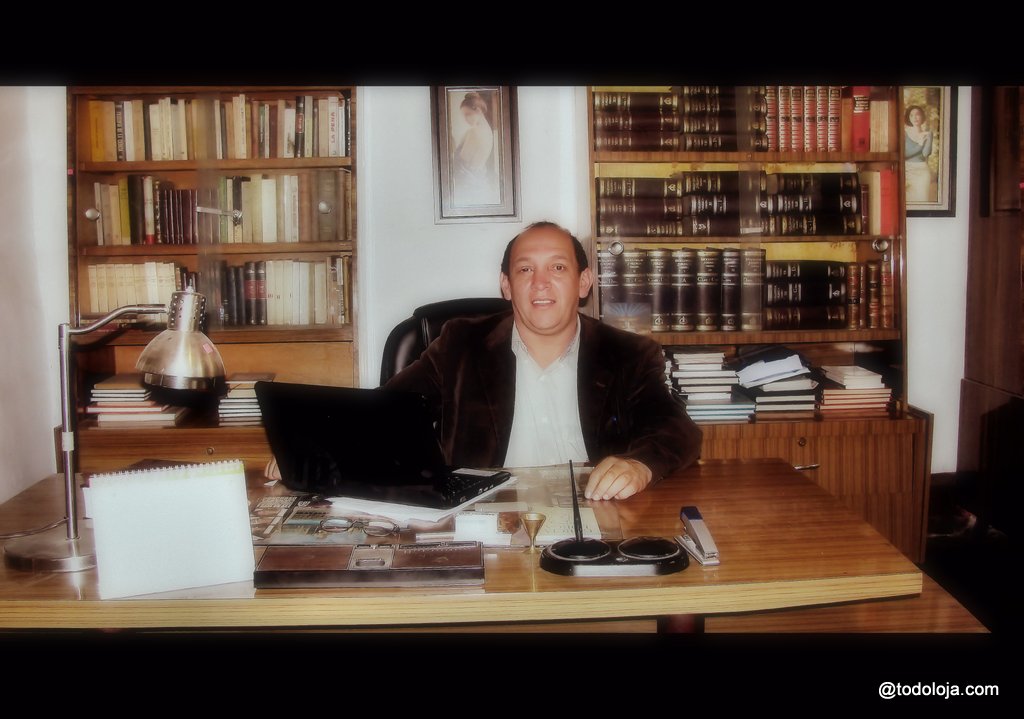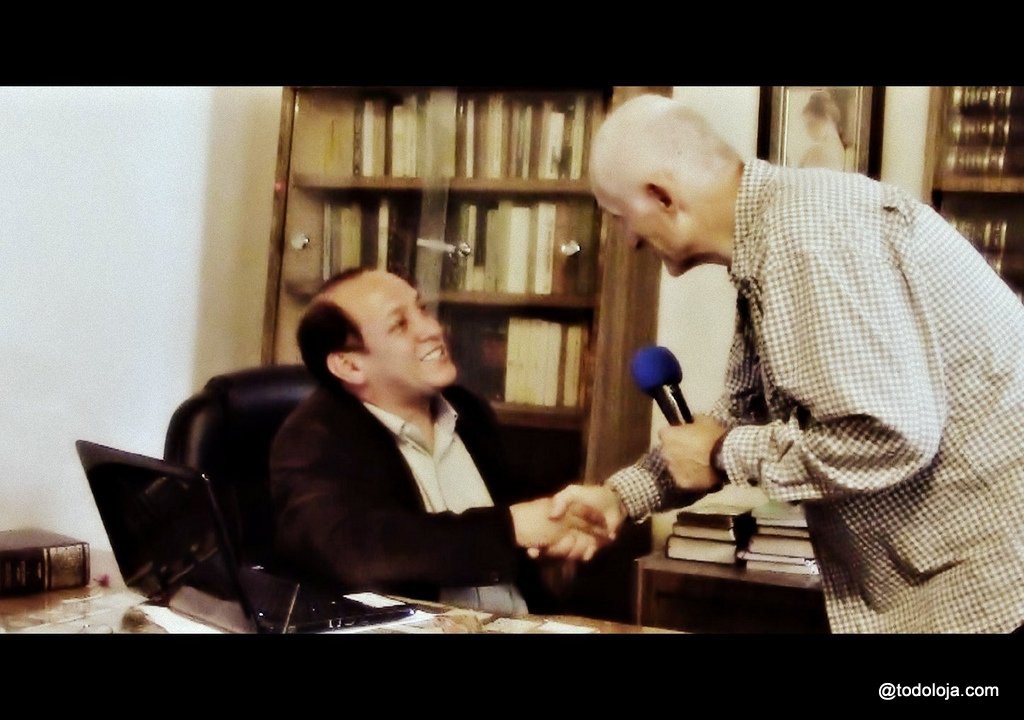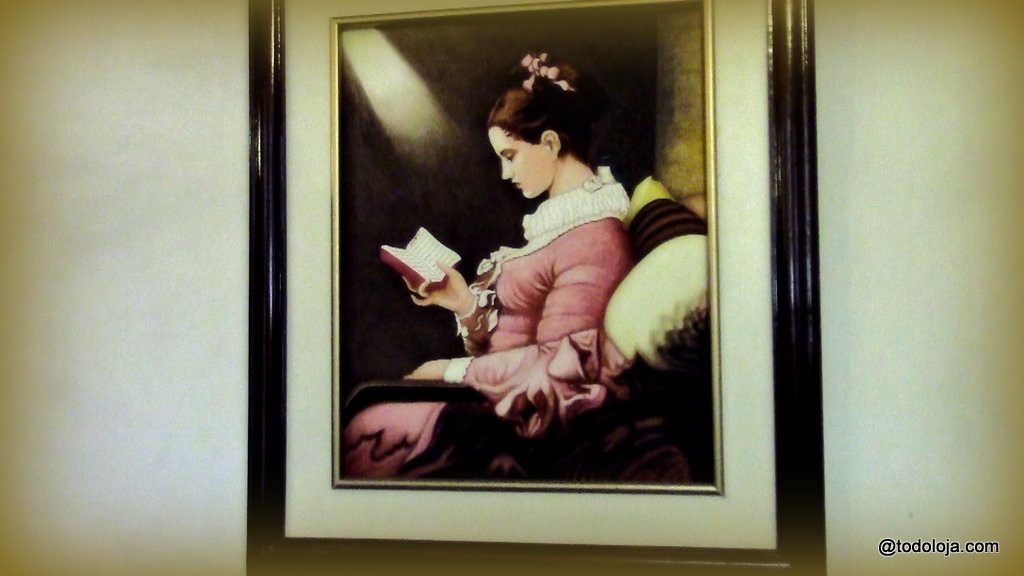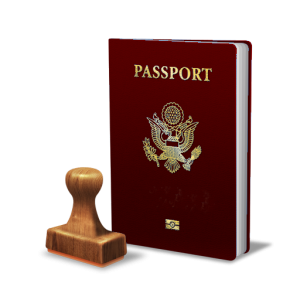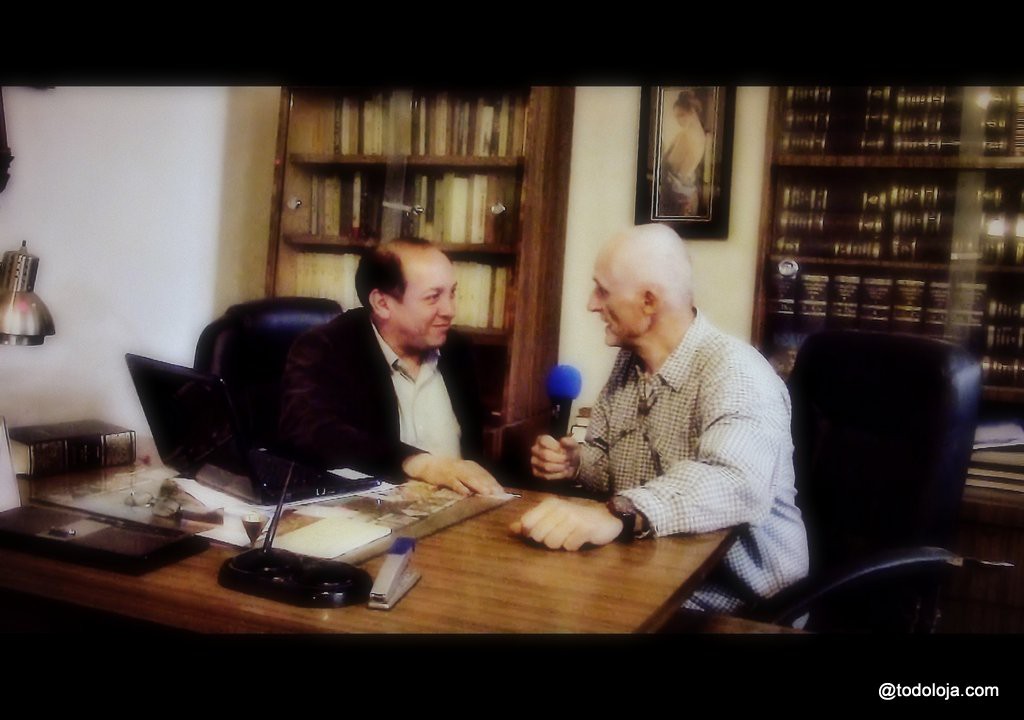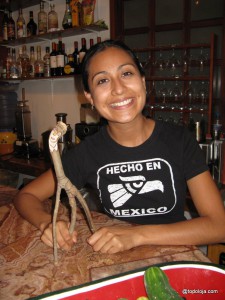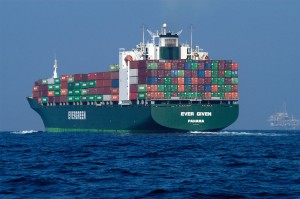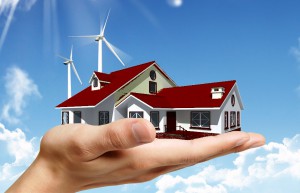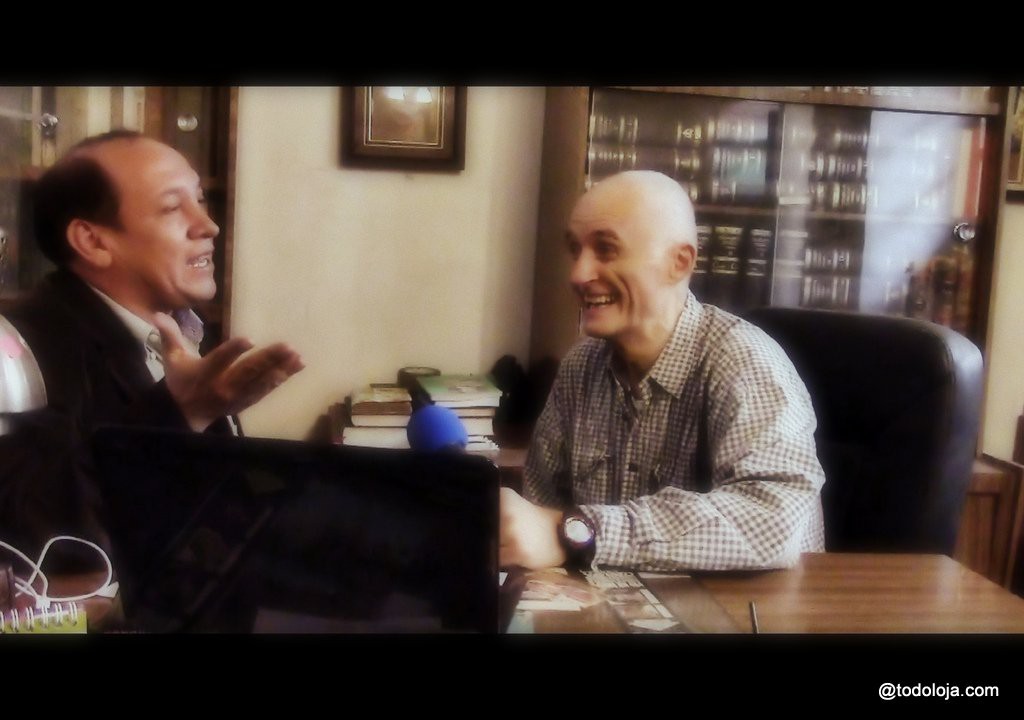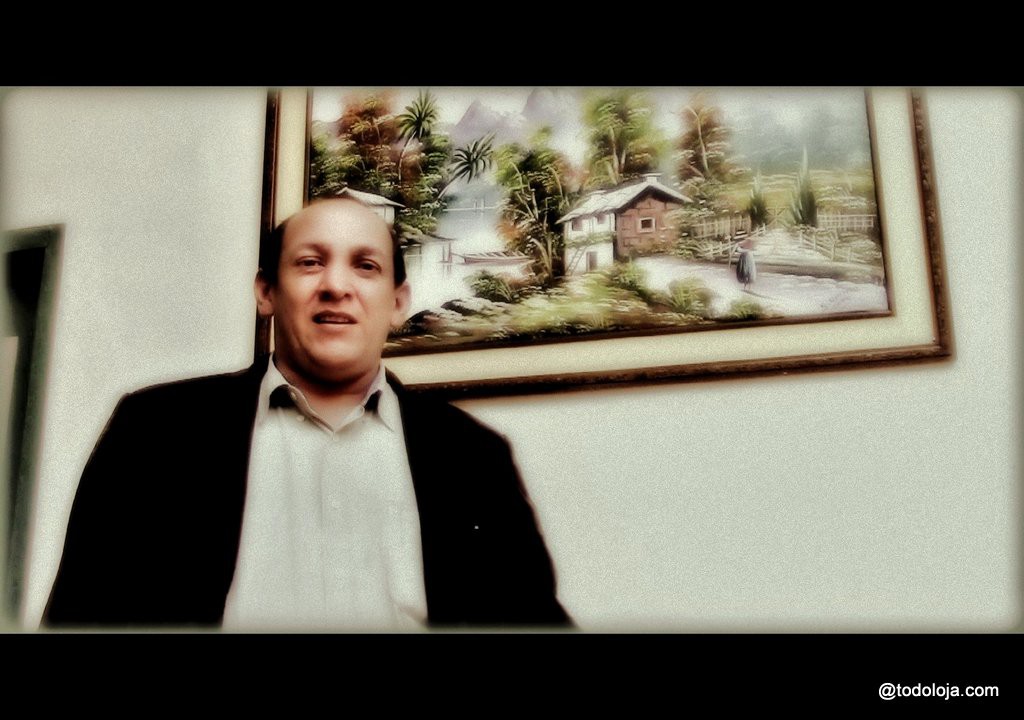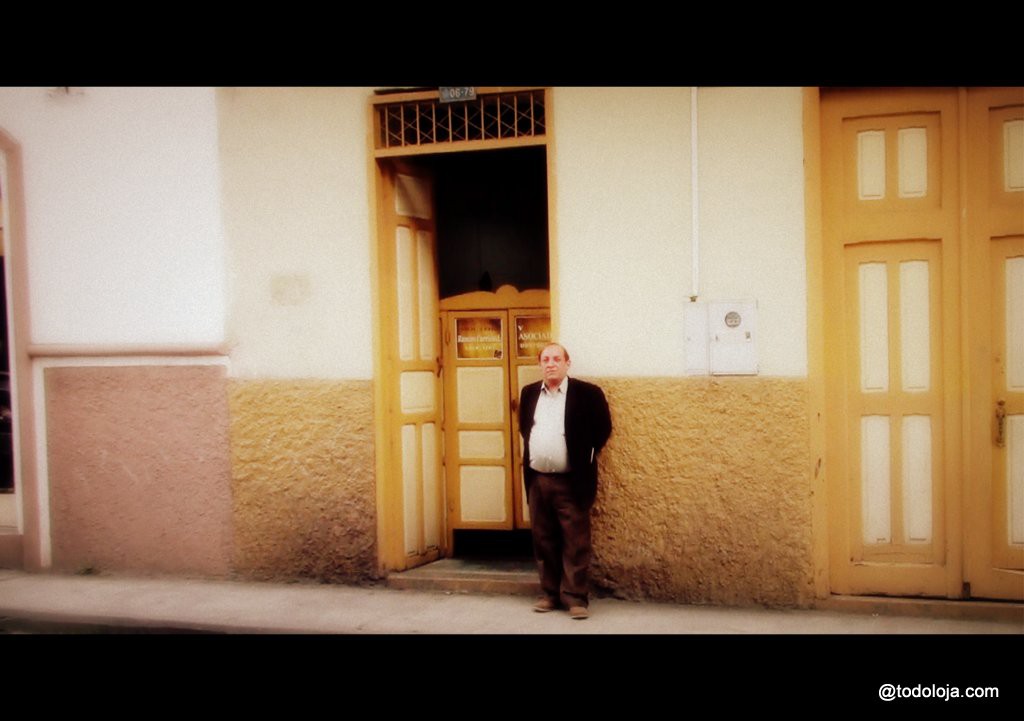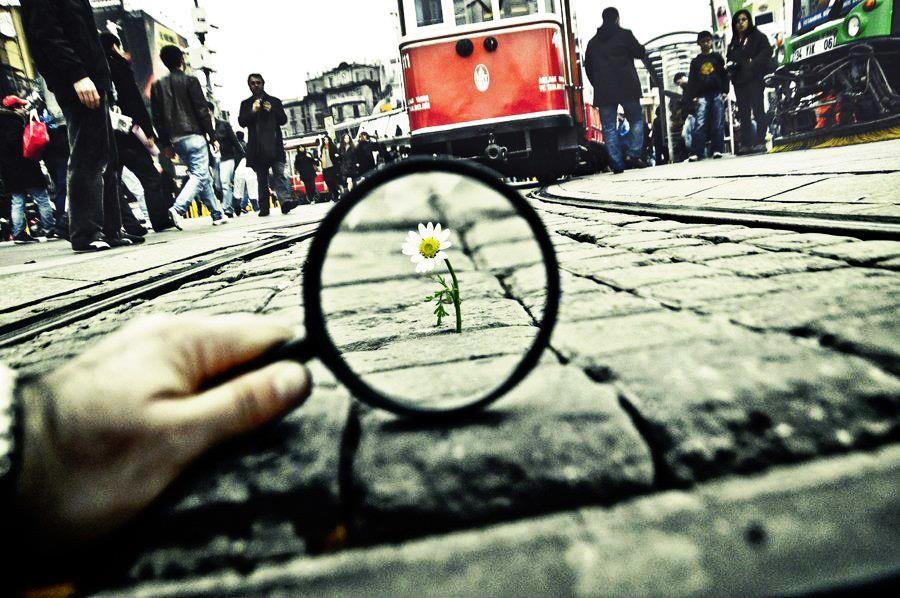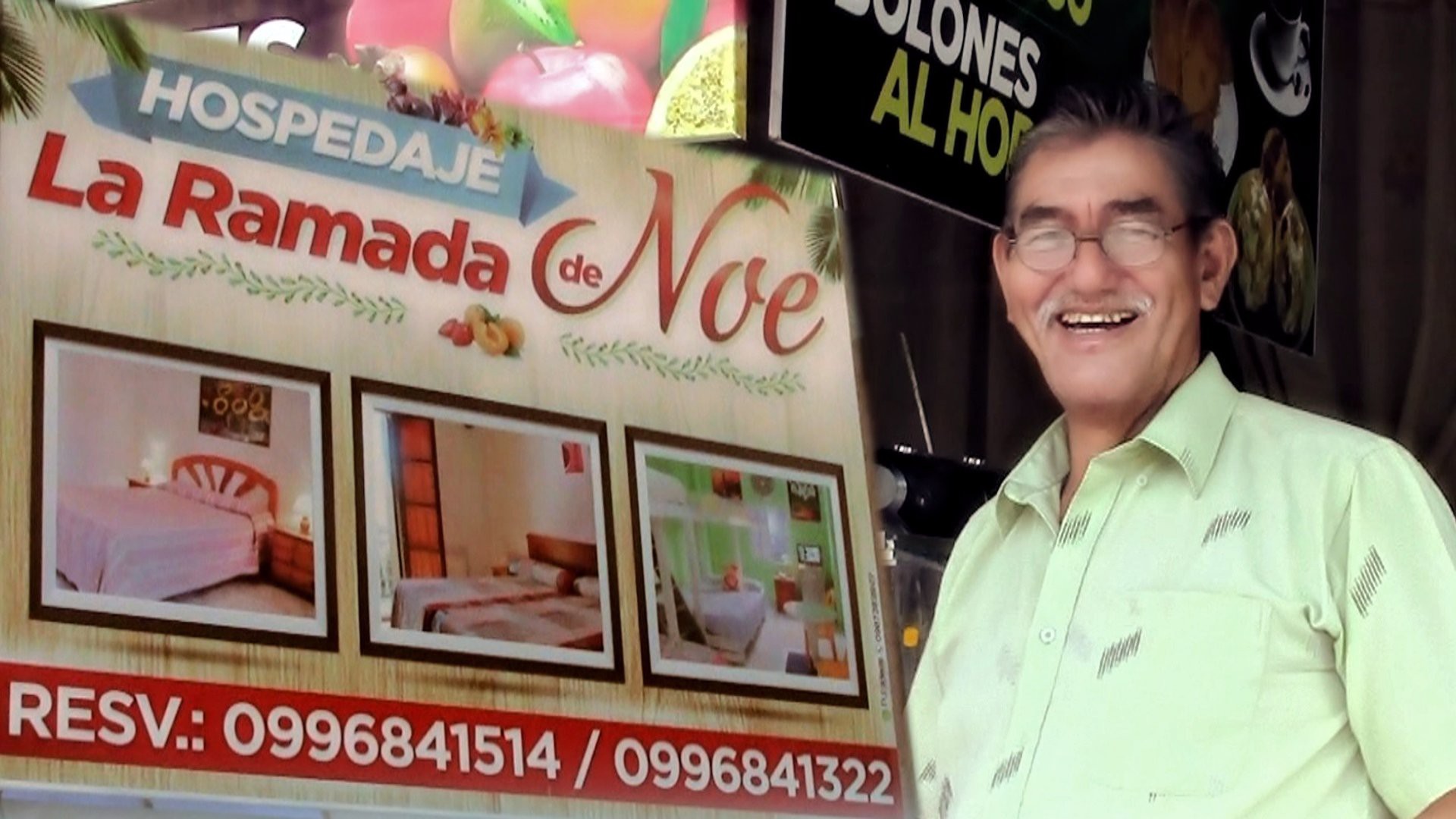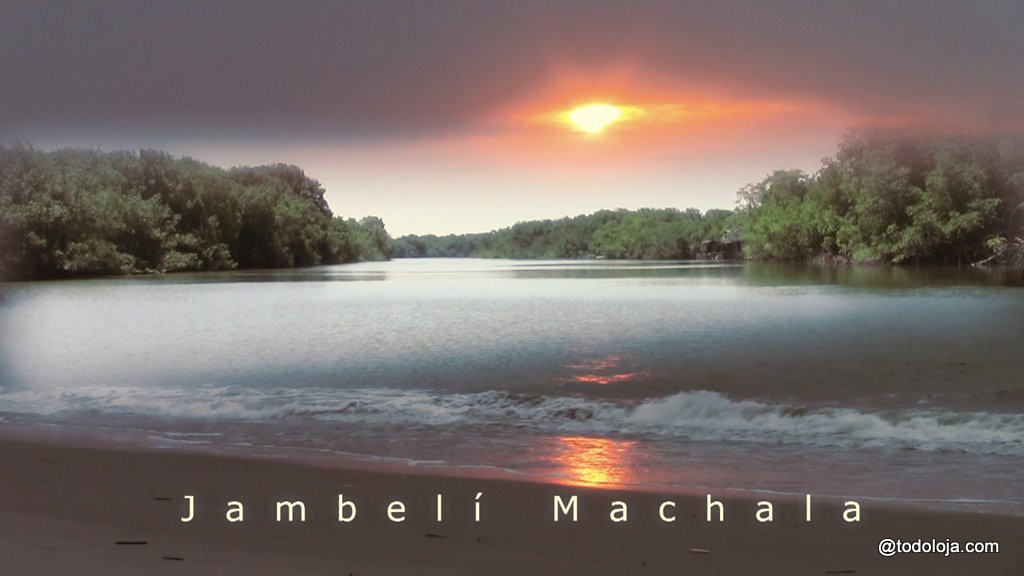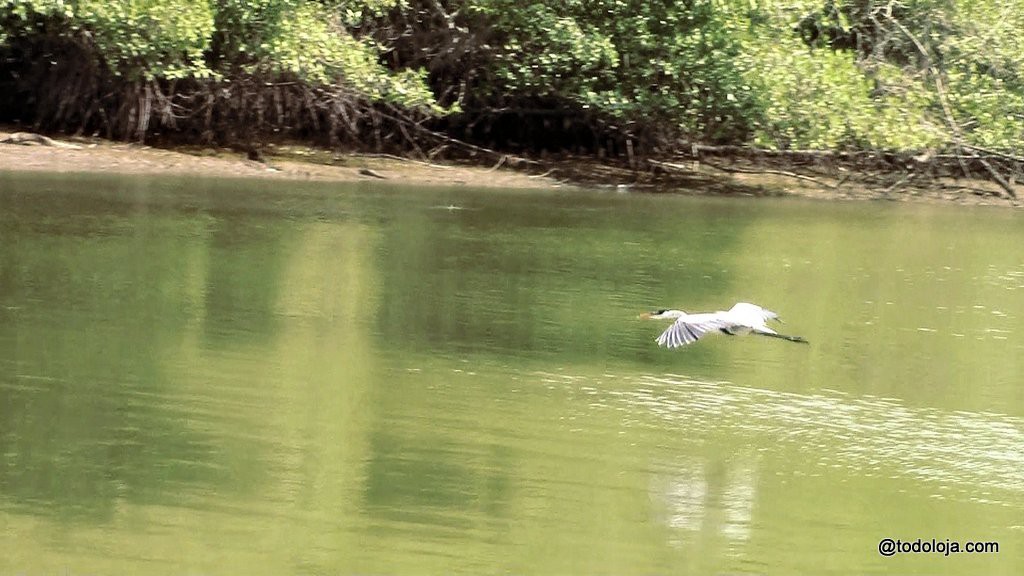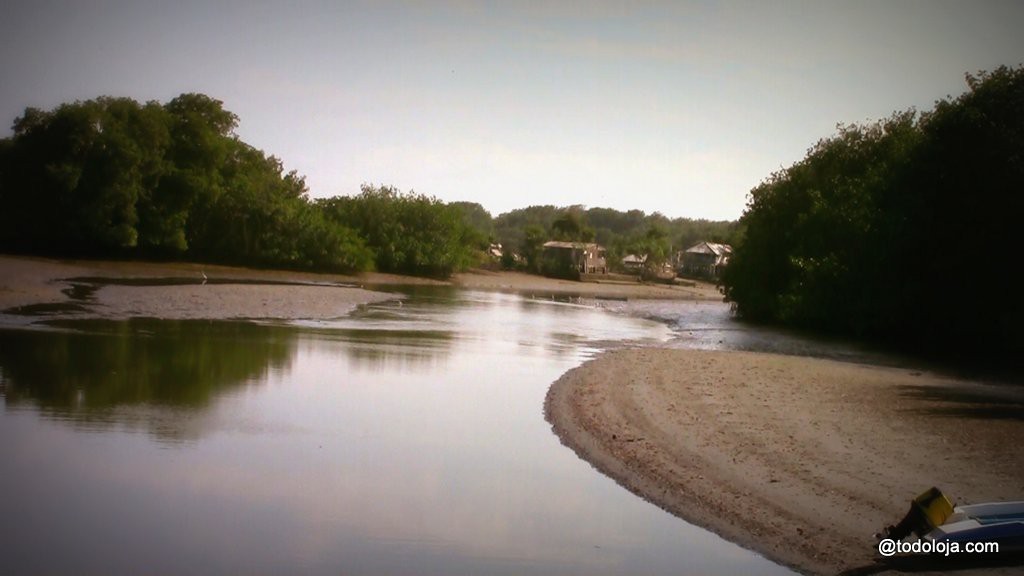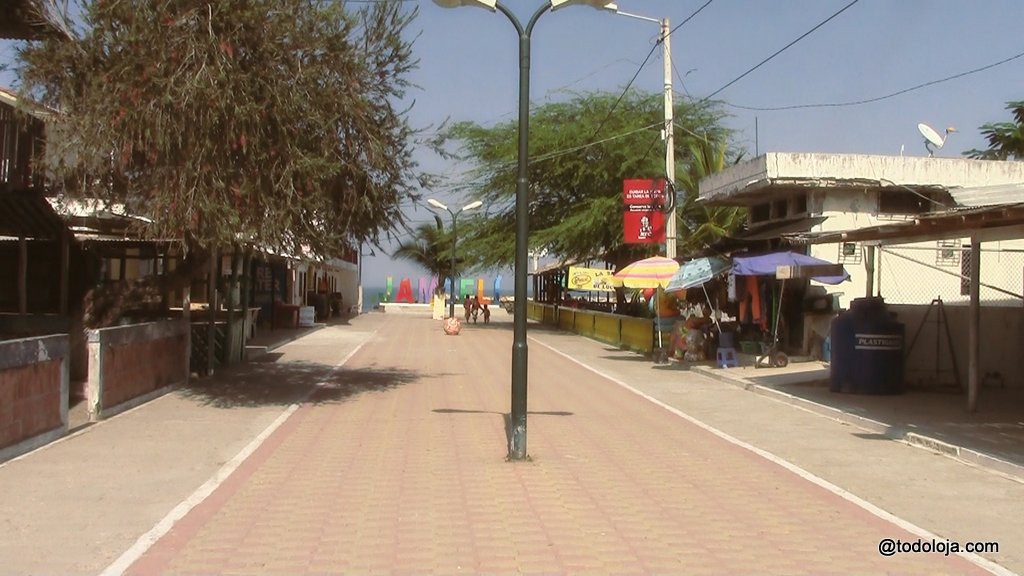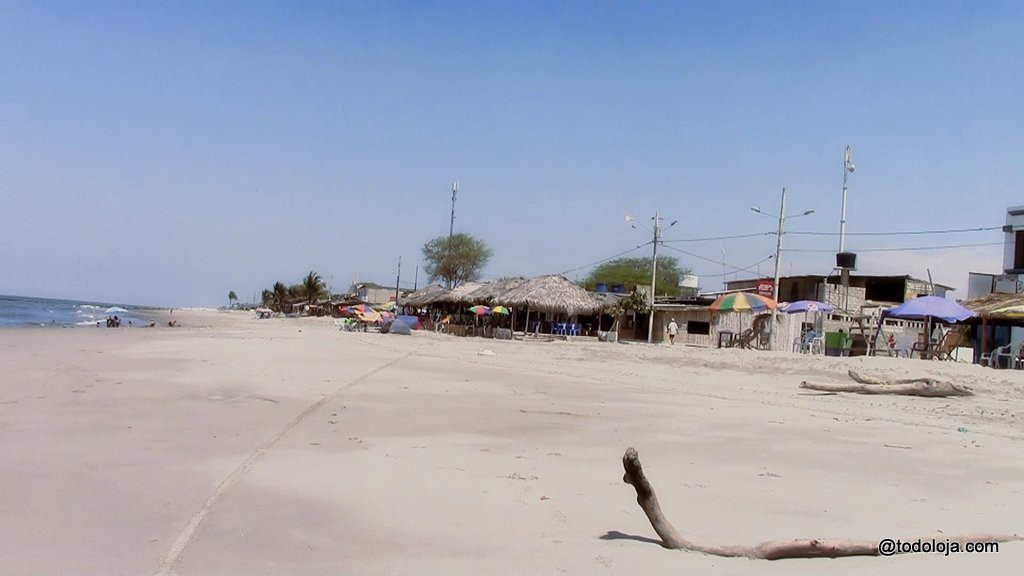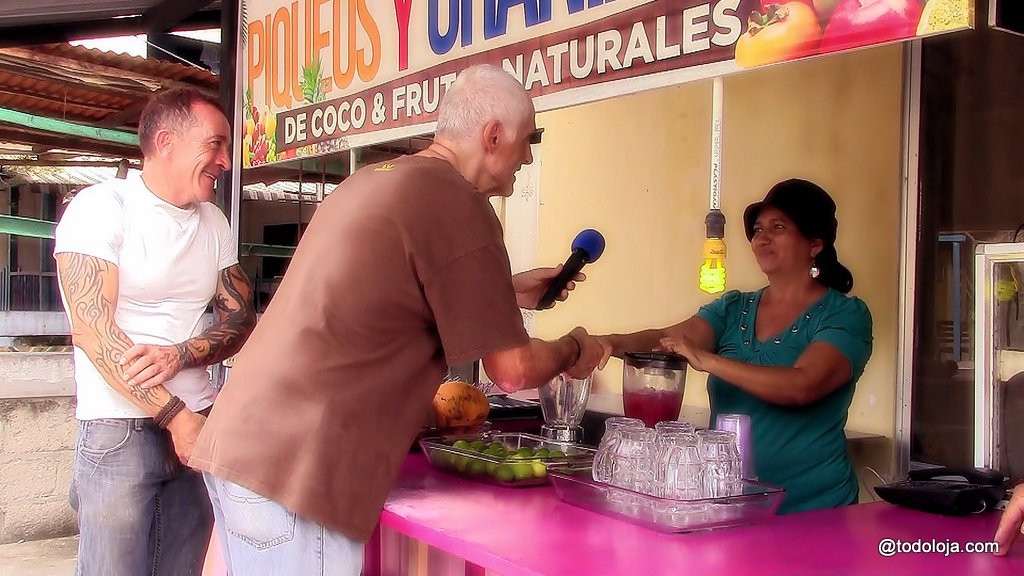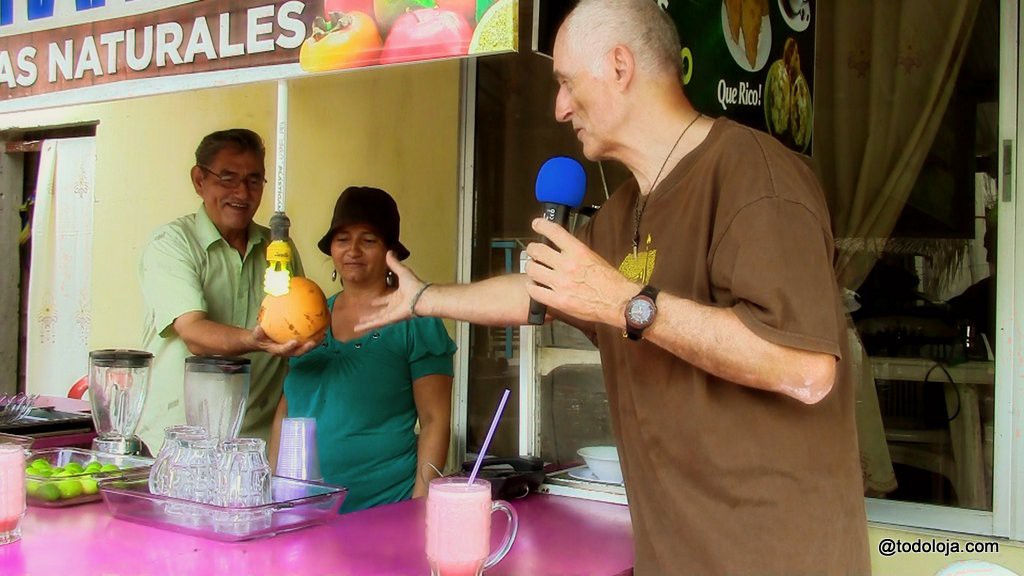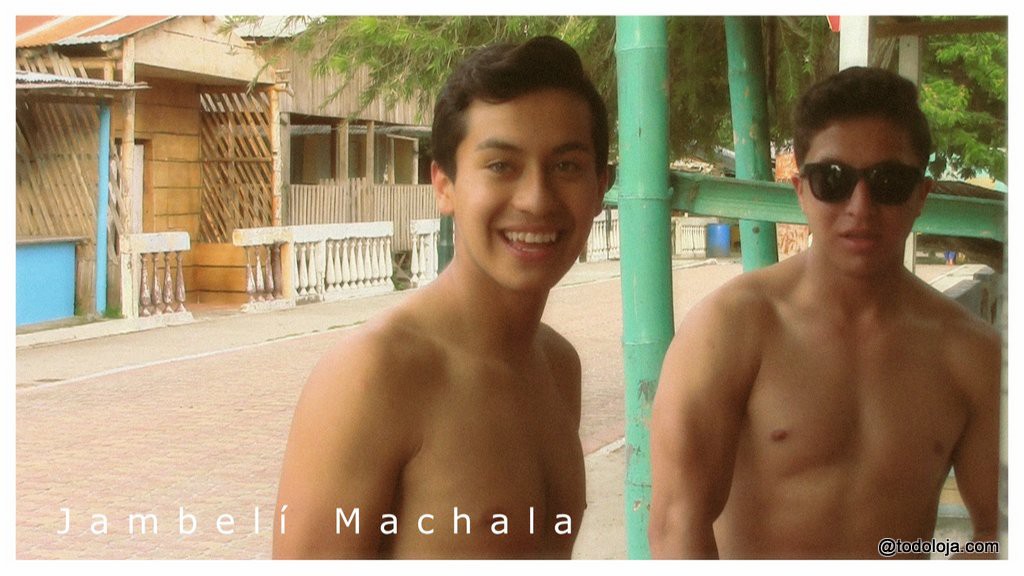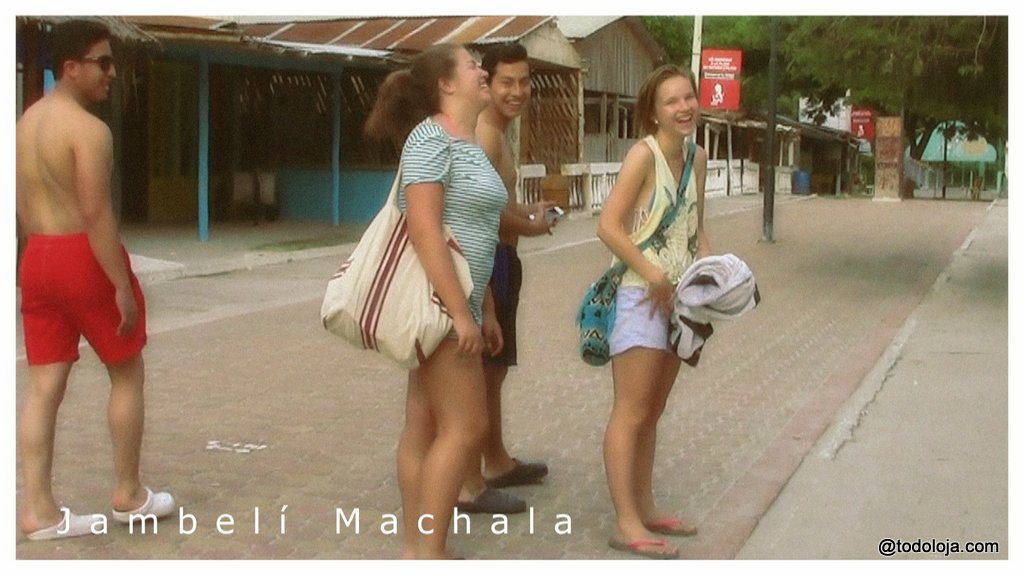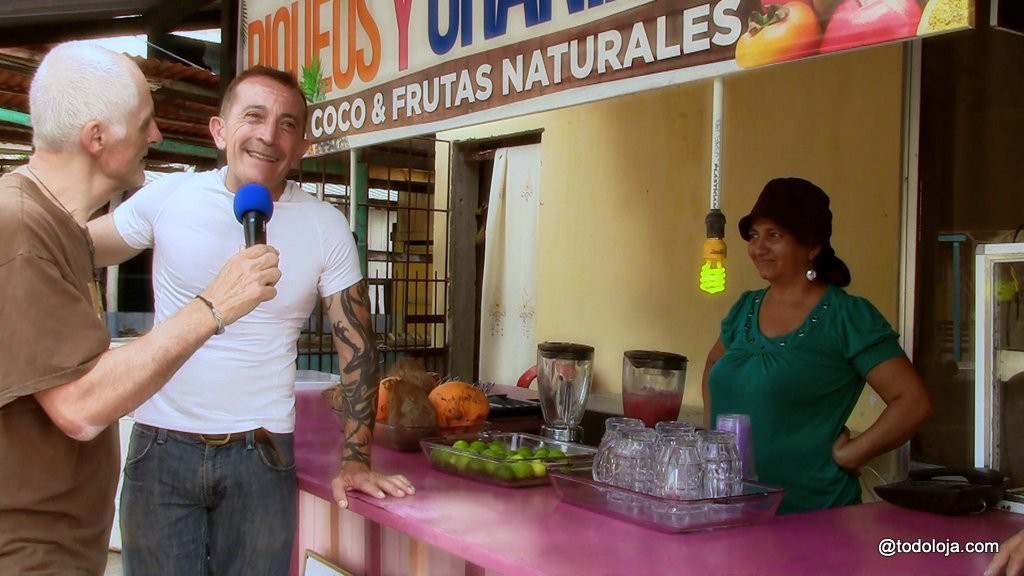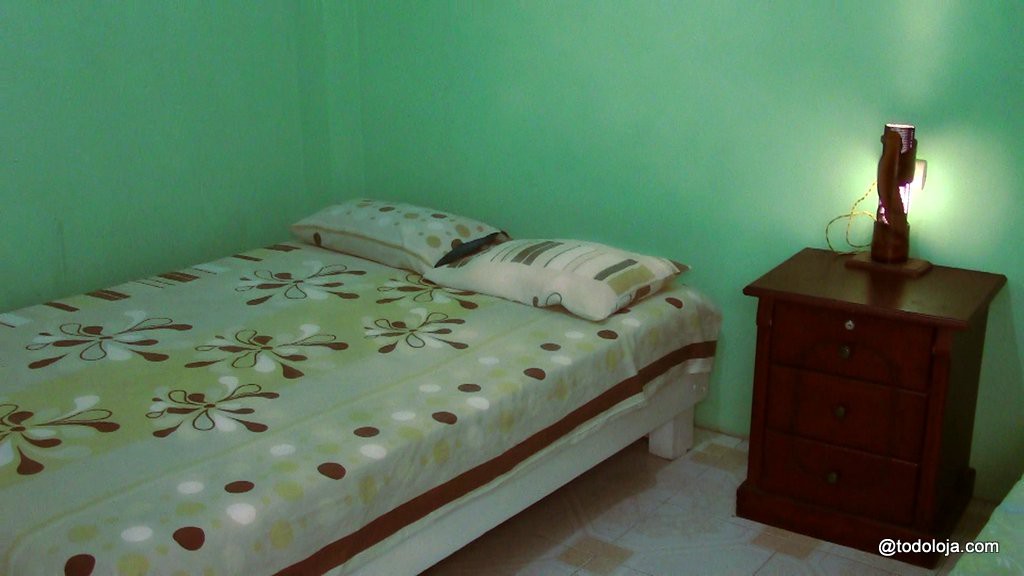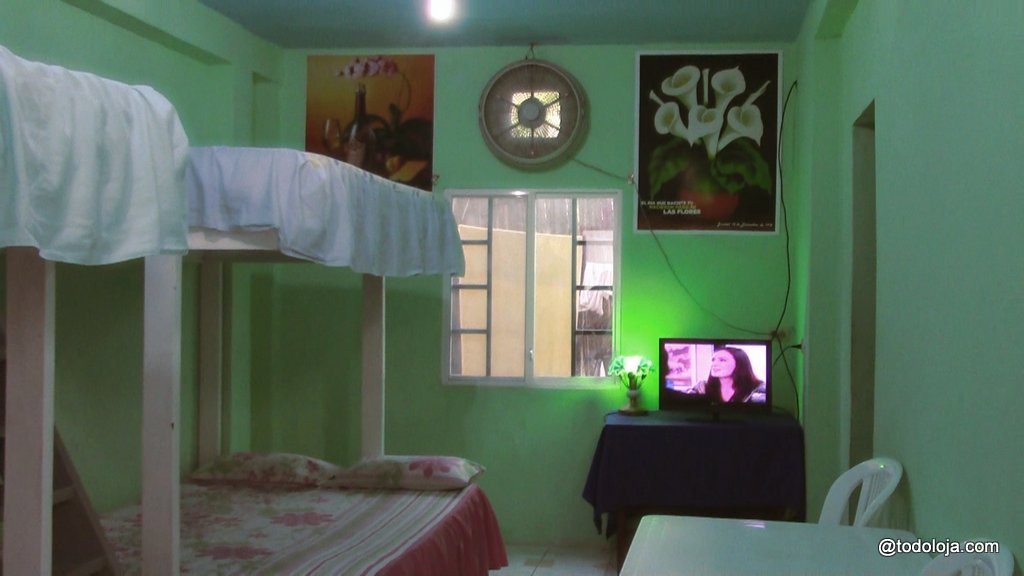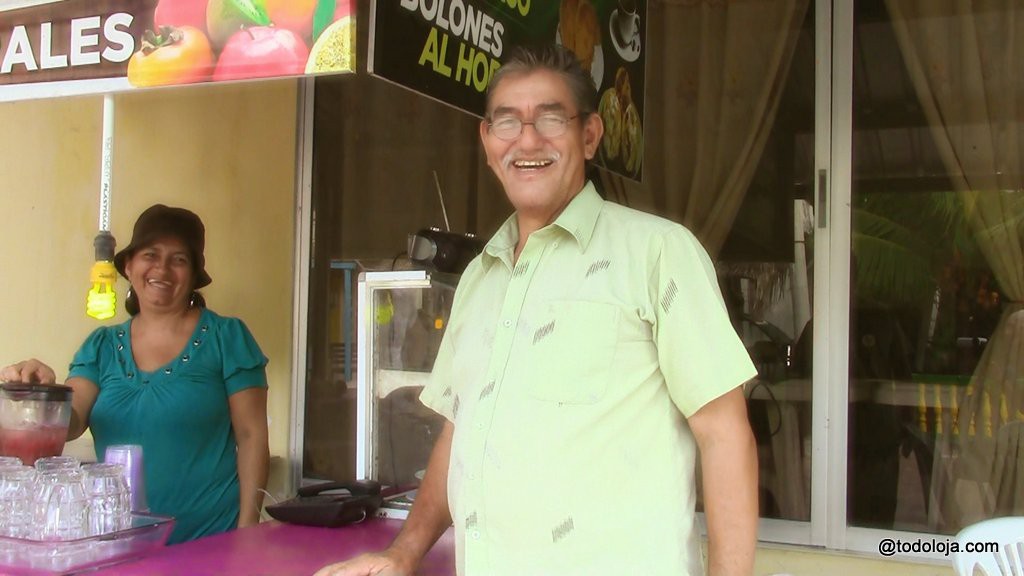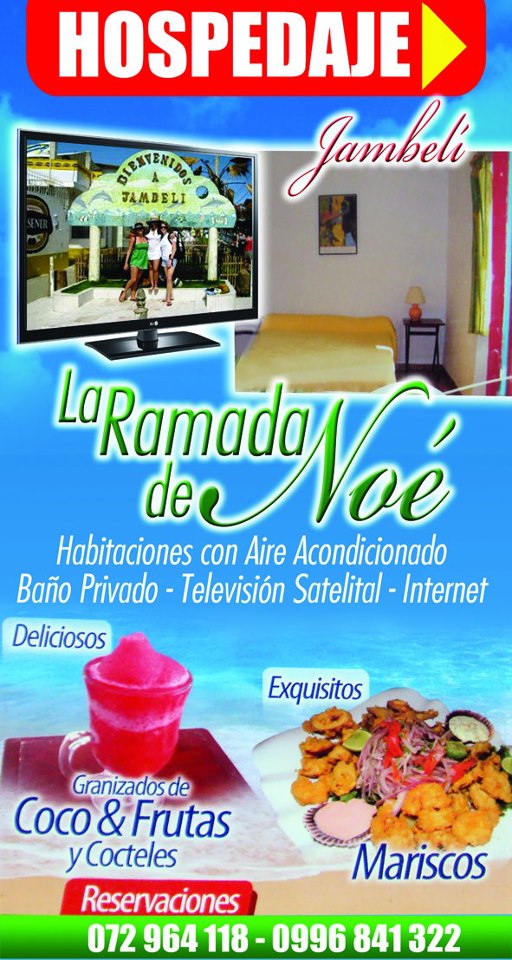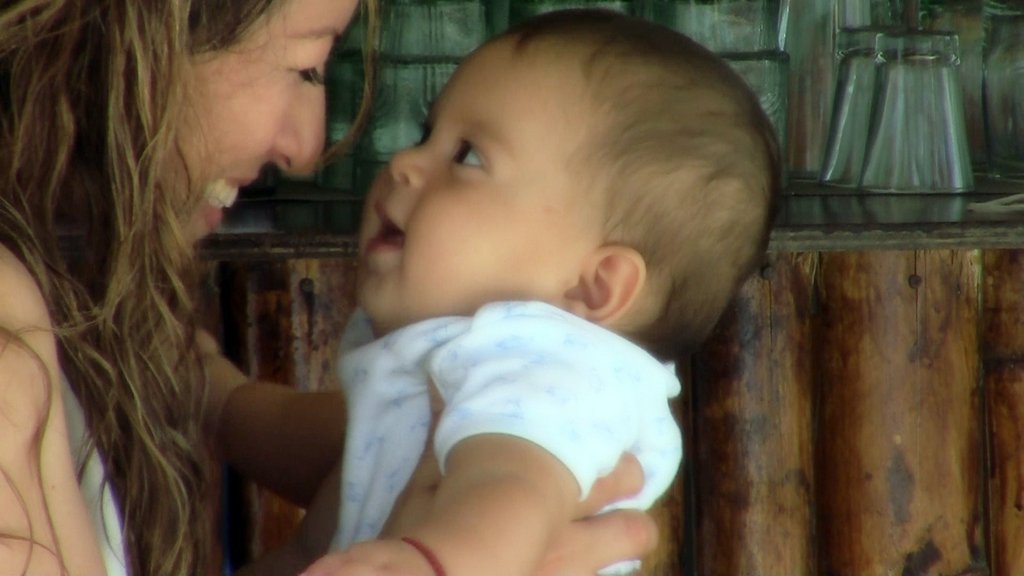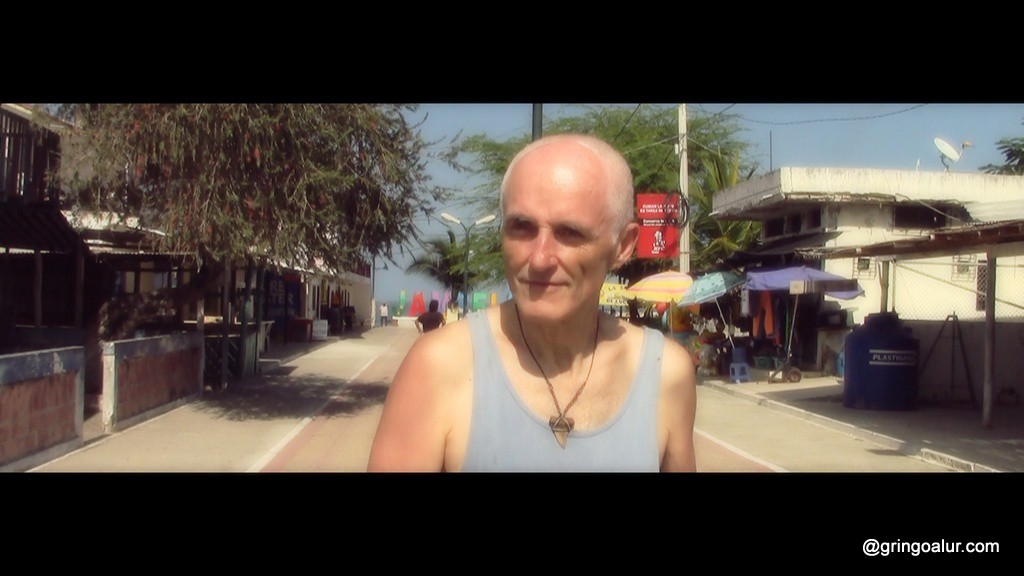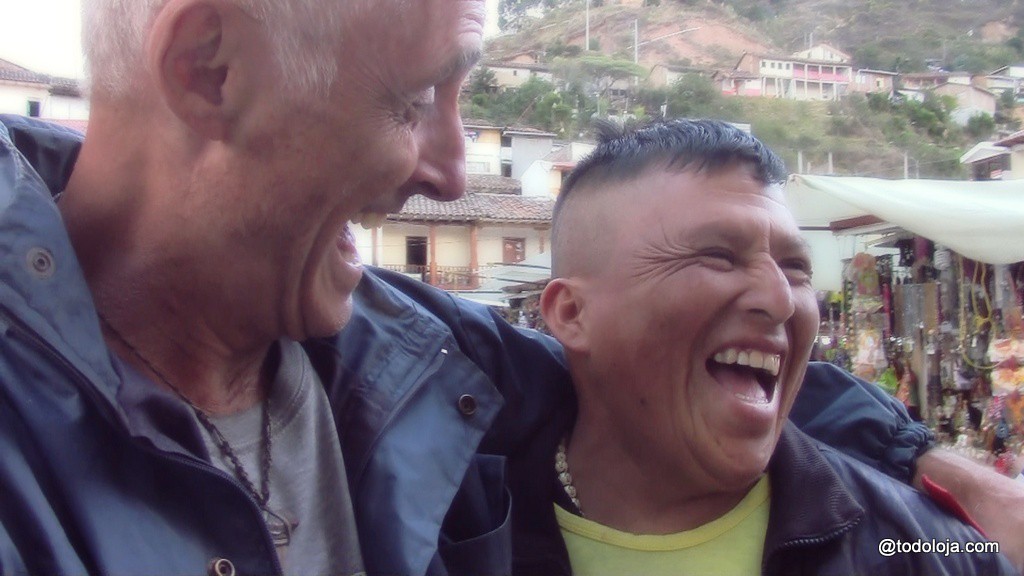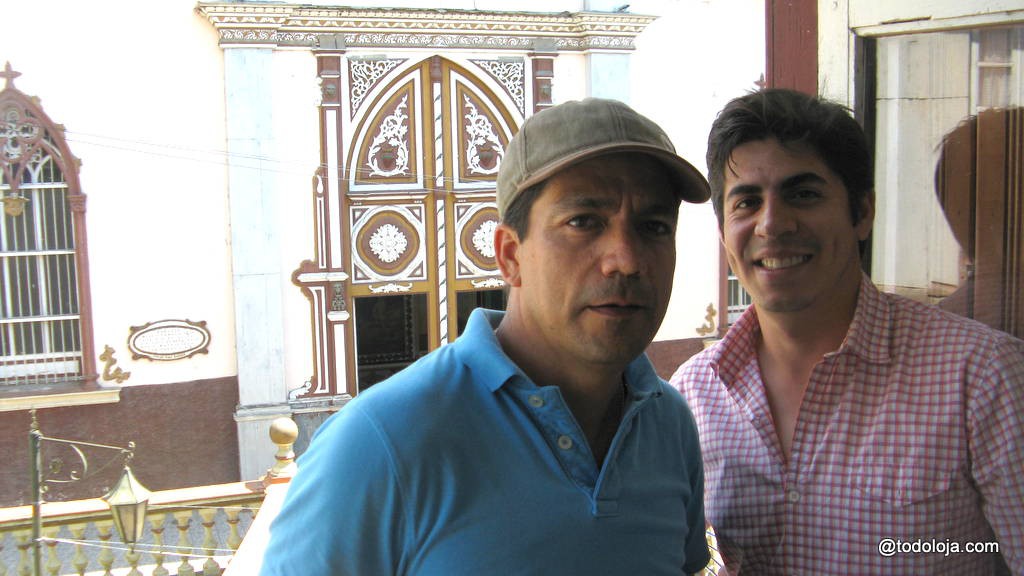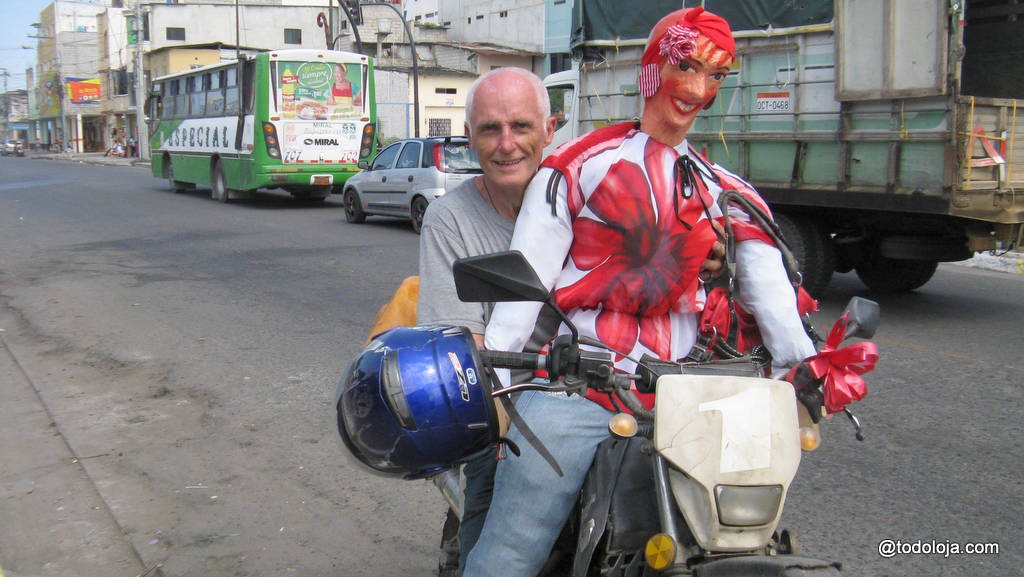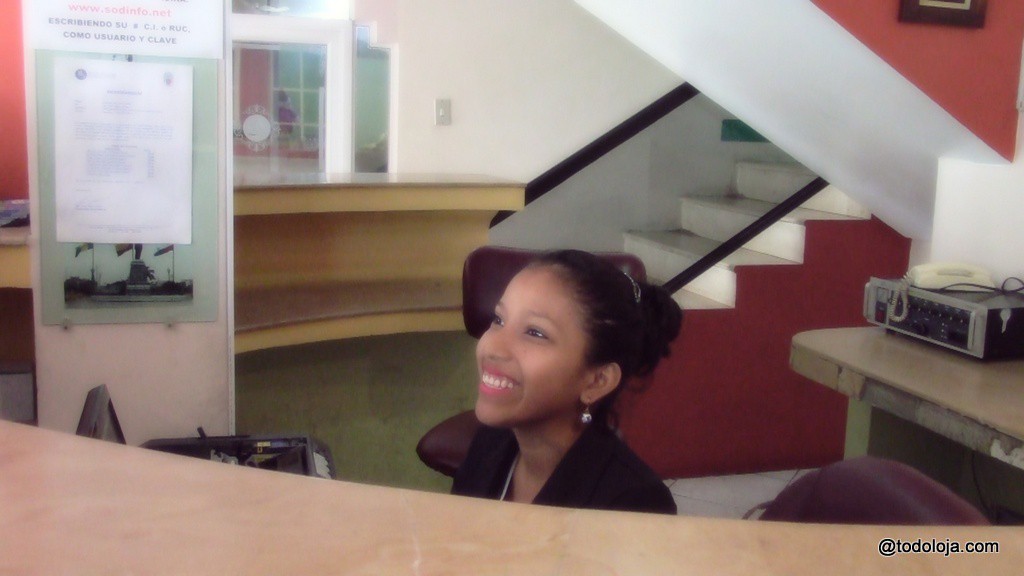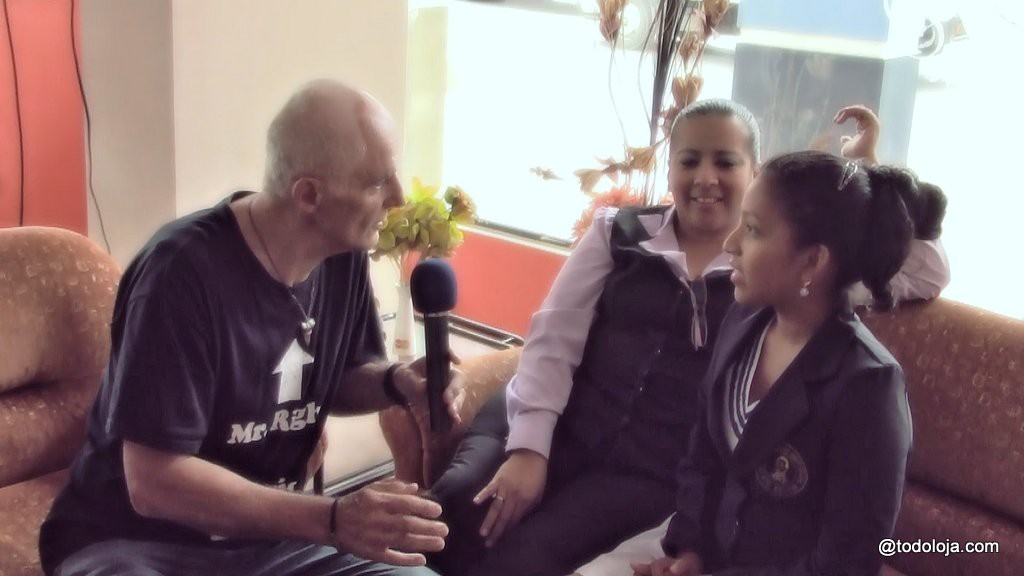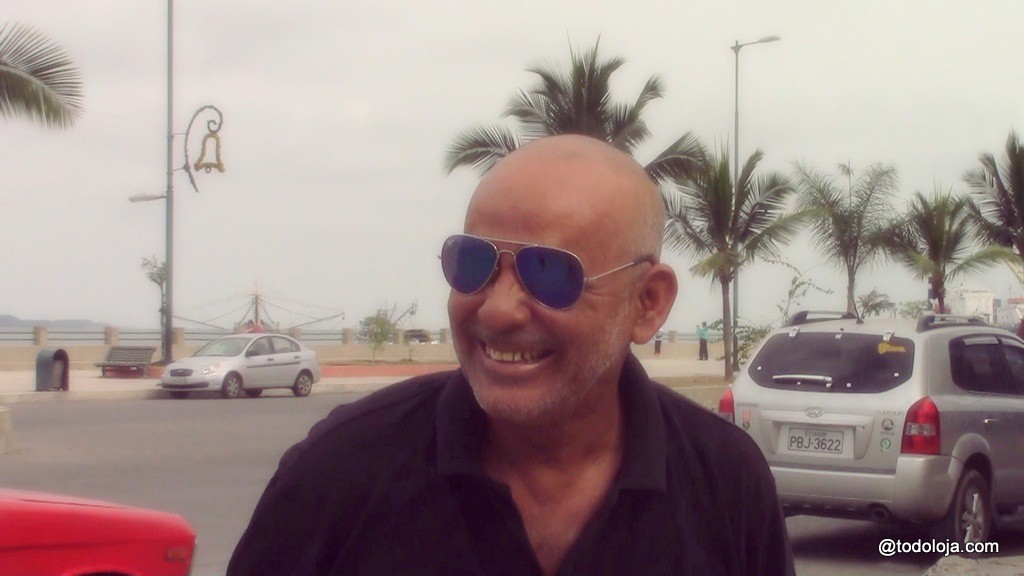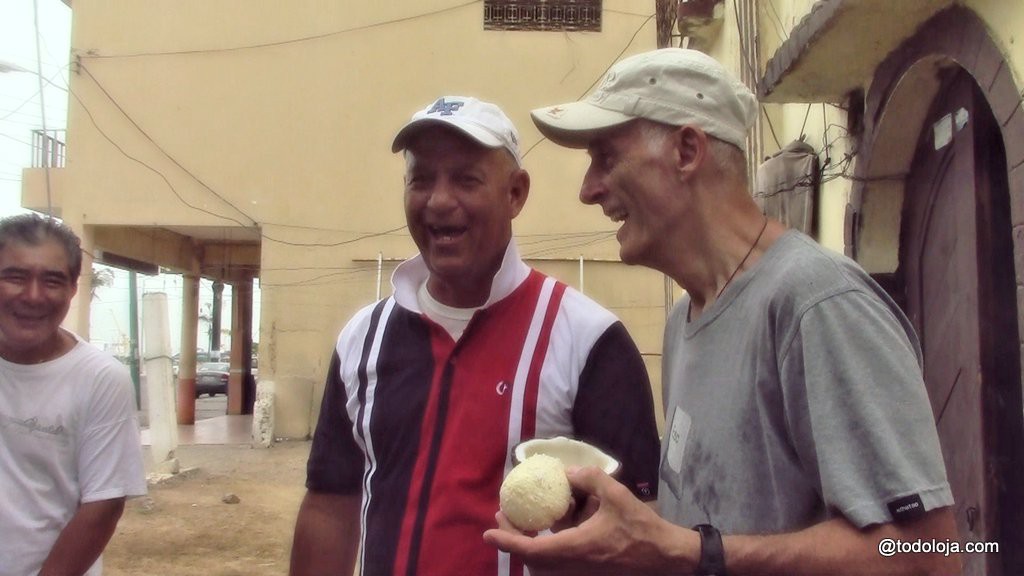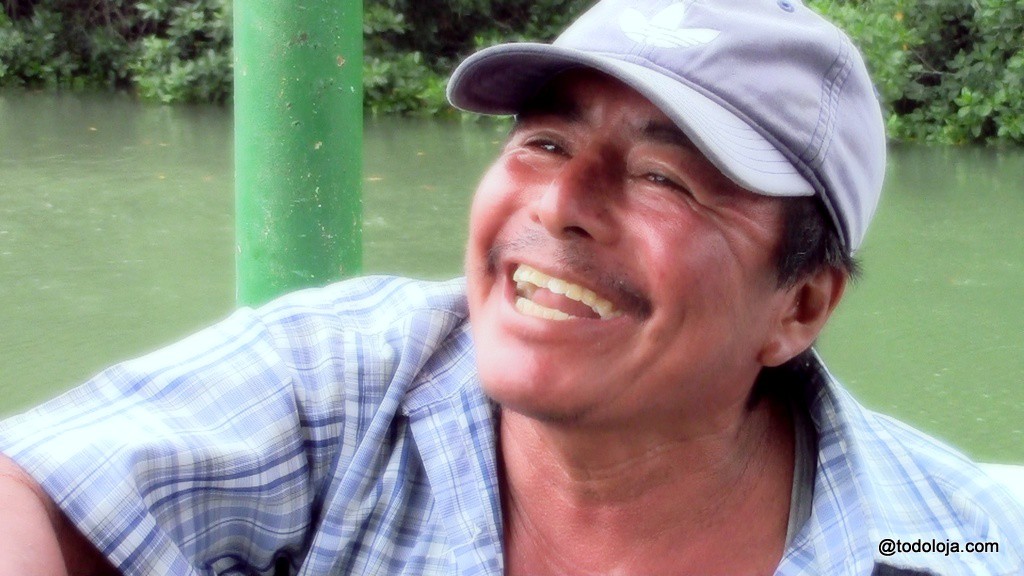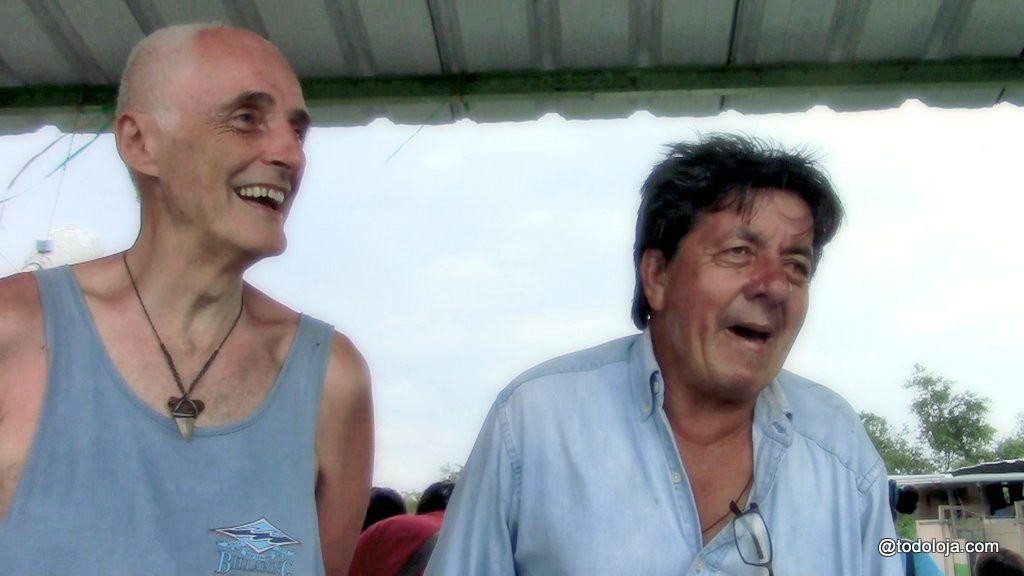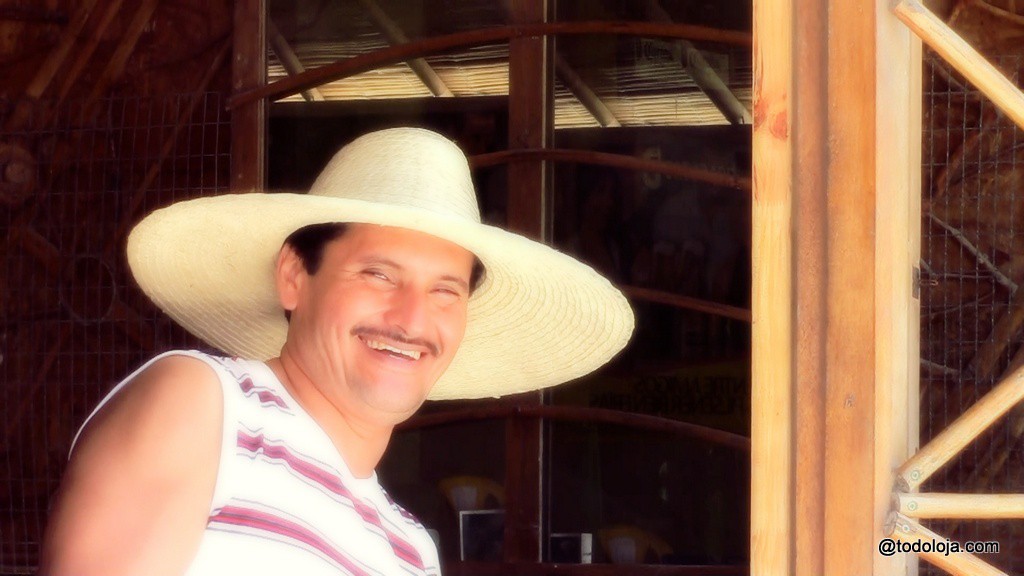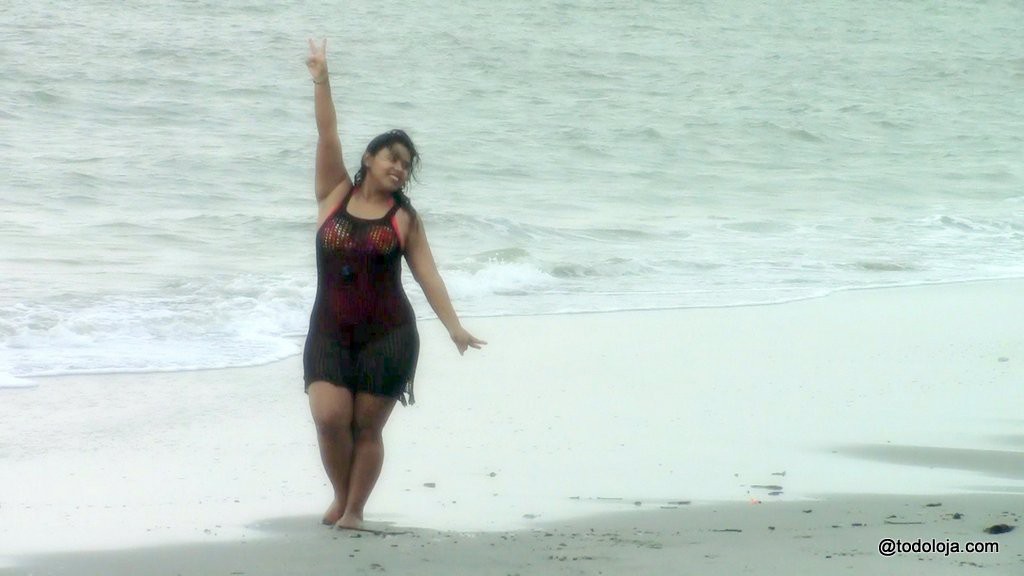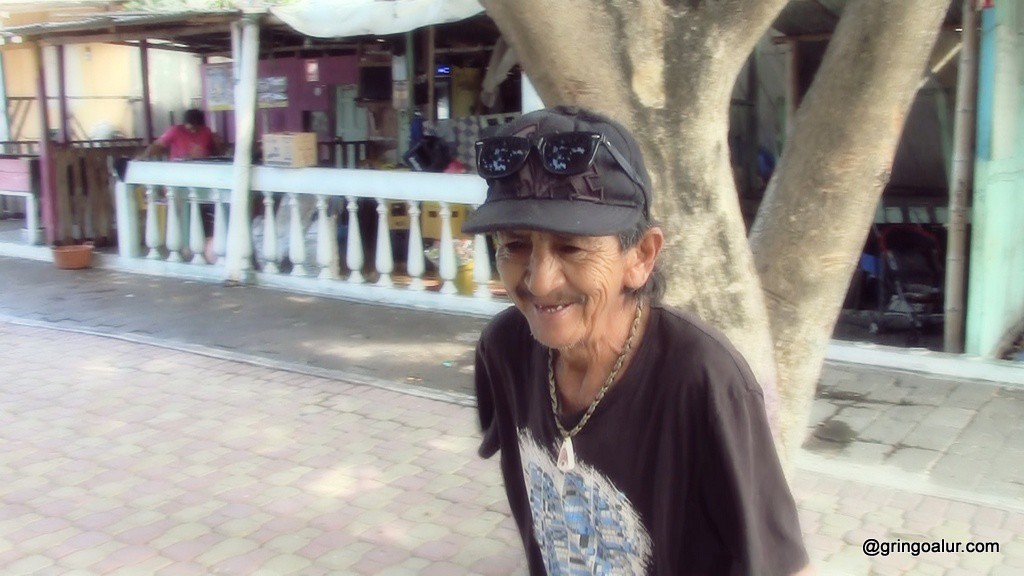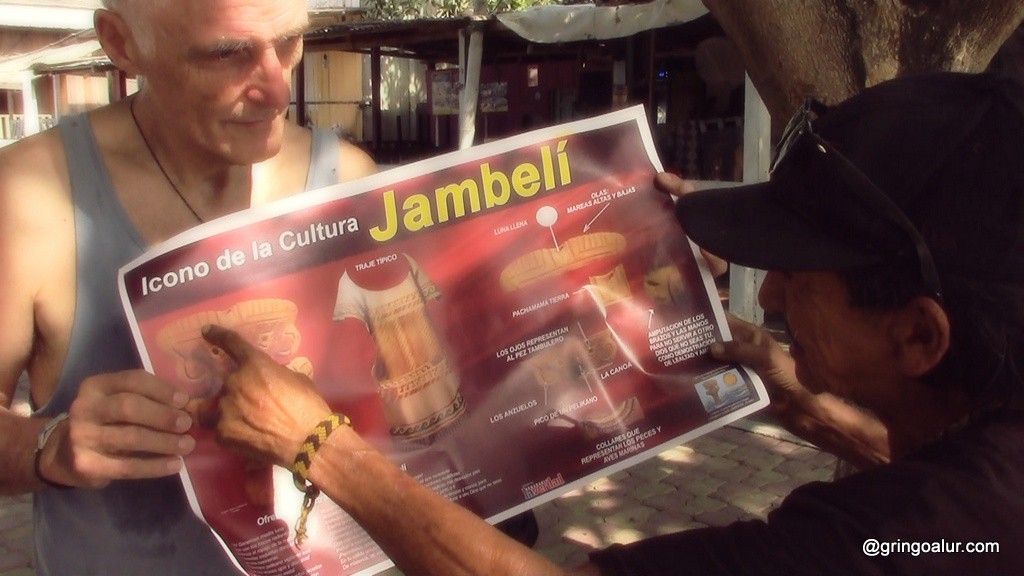The text below is a copy of Jim Braman’s and Beatriz Benavides-Hilgert’s post in the Vilcabamba Bulletin Facebook Group.
Because they have done such tremendous work and because this post is so comprehensive and contains phone numbers, names and other pieces of information that might be useful in the future (I hope not !), we re-publish it here in seekvilcabamba.com, a more permanent and better searchable place than Facebook
Pierre Volter
======
Greetings all,
Before reviewing what happened at the recent meeting let me start by reviewing what has been happening up to this point. Just a warning: this is NOT a short email!
CONDENSED HISTORY
The recent wave of violent crime began almost two years ago with two back to back kidnapping-extortion crimes. This was a real wake up call for all of us. We have had crime waves before, but this one has spawned national concern, and it has been the source of a deeper, broader effort toward greater security in Vilcabamba. When it comes to overall security, there are many avenues and/or layers that make up the whole. There is prevention, intervention, and justice, some of these overlap, but all three are important.
Concerning justice, the recent push for improving our connections with government officials came to a crescendo that culminated in our meeting with the governor of the province, and then Correa’s visit. Now, several people from the core group responsible for creating the new governmental connections are taking some time off, and in the meantime they have asked Beatriz Benavides-Hilgert and I to continue the momentum we have created as a group, and start getting more organized in the other aspects of security. We invite others to help us expand the ‘core group’, because in reality, everyone of us is ‘core’. Everyone one of us has the power to increase or decrease security in the community.
A lot of work has gone into getting us where we are, but we have a long way to go. That said, we are already seeing some of the promised changes happening. Prosecution of violent crimes is being handled by more serious prosecutors than before, and the supreme court recently upheld a lower court decision that was appealed by the perpetrators who kidnapped and extorted two Vilcabamba residents; they will stay in prison for many years to come.
While the meetings with gov’t officials have been mostly concerned with justice, and prosecution, there are also some new governmental efforts toward prevention and intervention. One of the programs involves a special operations unit of the national police assigned indefinitely to Malacatos and Vilcabamba. Their focus is on organized elements of violent crime. They are an undercover unit and as such, we are not privy to more specific information, except to say that they are NOT here to interrogate and harass foreigners and restaurants.
Additionally, Vilcabamba has been assigned a special local policeman to be a community liaison. Mr. Manuel Chamba is our new community policeman, and although he currently speaks mostly Spanish, he invites foreigners to help him learn English. His job is to build community security through better communication. That means better communication between law enforcement and the public, but more than that, within each barrio as well. He is very enthusiastic, and spends a lot of time going from barrio to barrio introducing himself and participating in barrio activities. He was sent here because he has had success bringing other communities together.
He believes, and I agree, that the after putting up whatever bars you want on your windows, and locks on your doors, the core principle of good security is good relationships with neighbors. Find out how secure your Ecuadorian neighbors feel, and ask in an open, ‘non-agenda’ way, what their advice is to foreigners regarding security. A little humility and listening goes a long way.
COMMUNITY MEETING REVIEW
As some may already know, our last community meeting had several surprise guests including the Governor’s Office, the Department of Interior, Dept. of Tourism, and Vilcabamba’s police captain. Names and contact data for these officials are listed at end of the email. They were each tasked with presenting security information as well as soliciting questions. Their information was mostly general; how they want to work with us to improve things, and they gave us their contact info and encouraged us to call or message them with questions and concerns. This was followed by much dialog about emergency response systems, and explaining the new speed dial, house-emergency service “Tia-poli”. There have been significant problems with false alarms. Most of these have been ‘pocket-calls’ (calls made accidentally by the pressure of sitting on one’s phone). The system has problems inherent to rural communities ….with many houses off the grid, and not having the addresses needed for GPS to effectively guide police to an exact location. Bottom line is that ‘Tia-poli’ has good potential, but it needs much tweaking. Not withstanding, each of us should have it installed as a speed dial number into our phones. This is done by an officer from the local police either at the station or at your home. Additionally, it was pointed out that if you speak Spanish, you still have ‘911’ for off-site emergencies, and also for the fire department.
At a previous meeting at Charlito’s with American Consulate officials from Guayaquil, based on several stories of Tia-poli failures presented by the audience, it was determined that our Tia-poli system is likely not working as it should …regardless the problem of rural addresses. Enrique promised that he would look into this, and I intend to follow-up with him.
So the recent meeting covered a lot about emergency response systems, and it was good for folks to be able share there personal frustrations and dialogue with officials via Beatriz’s translation, but we still need to have our own meeting(s) to discuss and share info on the other aspects of security.
ALTERNATIVE EMERGENCY RESPONSE SYSTEMS
So while we wait for improvements in Tia-poli, we need others types of emergency response systems NOW …such as the emergency taxi system we are trying to create. Many taxisistas share our concern for better security, and several of us are working on collaborating with them. While that is plodding along at a pace slower than this Americano would prefer, others will be organizing the same thing on a more regional basis with foreigners in specific barrios who own 4×4 trucks and SUVs, using the new radios. There are three ideas with the potential to come together: the local barrio 4×4 emergency responders, the radio/walkie-talkie program, and the sporting/self-defense club, however, only one of these is really well off the ground, and that is Edwin’s radio program.
Over 50 HIGH QUALITY walkie-talkie radios have been sold at a cost of about $50 each, and additional orders are pending. Free training has also begun, and all of this through one man: Edwin Roux. Look for his announcements thru various email lists and Facebook. Thank you, brother Edwin ….you are amazing!
HOME SECURITY EQUIPMENT AND PERSONAL SAFETY IDEAS
This is an area we need to discuss further. Personally, I would love to see security equipment carried as regular stock right here in one of the existing stores in Vilcabamba. I hope someone will host a mini-meeting about this. There is a bilingual couple in Catamayo who has offered to come present info. The man is also a dentist, and has a portable clinic-office, so maybe he can come help us secure some teeth as well as our houses!
UPCOMING PERSONAL SECURITY TRAINING WITH CORONEL JARAMILLO Thursday, April 7th …more announcements coming
Last but not least the chief of Loja Provincial Police is looking forward to meeting with us. This meeting, regardless of your interest in self-defense, is important for everyone. Coronel Jaramillo has been asking to come to Vilcabamba to speak with us for some time. He will not only do personal training, but also address your individual questions and concerns.
CONCLUSION
In the future, I see us moving away from a single ‘core group’ concept, and toward autonomous sectors that share with, and overlap certain concerns …having a common desire to work together for the good of the whole. For example, instead of having large community meetings every months, groups may choose to showcase what they are doing at timely moments of success. They may choose to coordinate with others or not. Edwin Roux has been quite independent up to this point with his two-way radio program, but now it may be time to coalesce with other programs.
Crime comes in waves, but when there is no violence for several months running, people lose motivation to do the things needed to change the next wave of crime into an ATTEMPTED wave of crime !! It is difficult to sustain anger as a lasting motivation to make positive changes, but anger properly channeled is the source of all kinds of wonderful transformative programs around the world. Please, in order to keep people from getting burned out, we are asking everyone to do SOMETHING to make Vilcabamba a happier and safer place ….not just for yourself, but for your neighbors as well. Not everyone is interested in building relationships with government officials, and not everyone wants to take martial arts or own a weapon, but everyone can do something.
Peace and prosperity to all….
Jim Braman & Beatriz Benavides-Hilgert
Contact data for the officials at the recent meeting:
Mauro Toledo – Governor’s Assistant – 099-958-3349
Claudio Renato Galarza – Minister of Tourism – 099-566-1453
Marco Gonzalez – Ministry of Interior – 099-131-7972
Chief of Vilcabamba Police – Otto Jaramillo – 07-878-7231
Community Police Liaison – Manuel Chamba – 098-086-940

Original post here
https://www.facebook.com/groups/284441554963879/permalink/1016186681789359/

